As the border continues to play an important policy role in the upcoming 2024 presidential election, former President and current Republican nominee Donald Trump criticized the government’s immigration process during a campaign speech on Saturday, Sept. 28, in Wisconsin.
He once again called out the U.S. Customs and Border Protection (CBP) app—a mobile application that hosts a single portal to multiple CBP services, including a space for immigrants to schedule appointments to present themselves at a port of entry and for carriers to request cargo inspections.
“They have a phone app so that people can come into our country… these are smart immigrants, I guess, because most people don’t have any idea what the hell a phone app is,” Trump said at the Prairie Du Chien Area Arts Center in Prairie Du Chien, a city of about 5,500 people along the Mississippi River.
The campaign for Vice President and Democratic nominee for President Kamala Harris posted a video of the moment on X (formerly Twitter), with a caption reciting Trump’s comments.
Many users on X have reacted to Trump’s comment, showing surprise that Trump believes many don’t know what apps are.
“I feel like most people know what a phone app is,” former tennis star Andy Roddick wrote on X. “It’s not 2004 any more. It’s 2024,” another person wrote, pointing out that Trump owns his own social media platform, Truth Social, which has an app component. Meanwhile, one commenter claimed: “How out of touch with reality do you have to be to believe most people don’t know what a phone app is?”
The post from Kamala HQ mirrors the campaign’s recent strategy of simply posting clips from Trump’s speeches, and letting the Internet’s virality culture do the work. The campaign’s X account posted other clips from Trump’s speech in Wisconsin, including comments Trump made about a fly on stage.
“Oh, there’s a fly. Oh, I wonder where the fly came from,” Trump said. “See, two years ago, I wouldn’t have had a fly up here. But they’re changing rapidly. We can’t take it any longer.”
Trump didn’t elaborate on his comments regarding the insect, which were made during a section of his speech whereby he discussed immigration. Responding to the moment, some social media users called back to the viral instance in 2020 when a fly landed on Mike Pence’s head during the vice-presidential debate against Kamala Harris.
This is not the first time Trump has targeted the CBP One App. Earlier this month, Trump posted about it on his Truth Social account, calling the service the “Kamala phone app for smuggling illegals” and vowing to close it.
According to the CBP website, the CBP One App was launched on Oct. 28, 2020—when Trump was still President. In January 2023, the Biden Administration announced that it would expand use of the app, at which point migrants began requesting appointments using CBP One. The app became particularly prominent once the Biden Administration put in place new asylum rules after the expiration of Title 42.
If a person does not seek asylum in the country they moved through to get to the U.S. or didn’t use the CBP One app, any asylum claim they make in the U.S. will likely be rejected. Yet, there is much criticism from immigration rights advocates that the CBP One App has been unable to keep up with the demand from migrants.
Read More: Migrants Struggle to Make Asylum Claims Through CBP App
Trump’s Wisconsin speech, and its focus on immigration, follows Harris’ visit to the U.S.-Mexico border. It was Harris’ first appearance there since becoming the Democratic presidential nominee. After visiting the border on Friday, she made remarks in Arizona, putting forth a more visible “tough on immigration” image.
“I reject the false choice that suggests we must choose either between securing our border and creating a system that is orderly, safe, and humane,” Harris said. “We can and we must do both.”

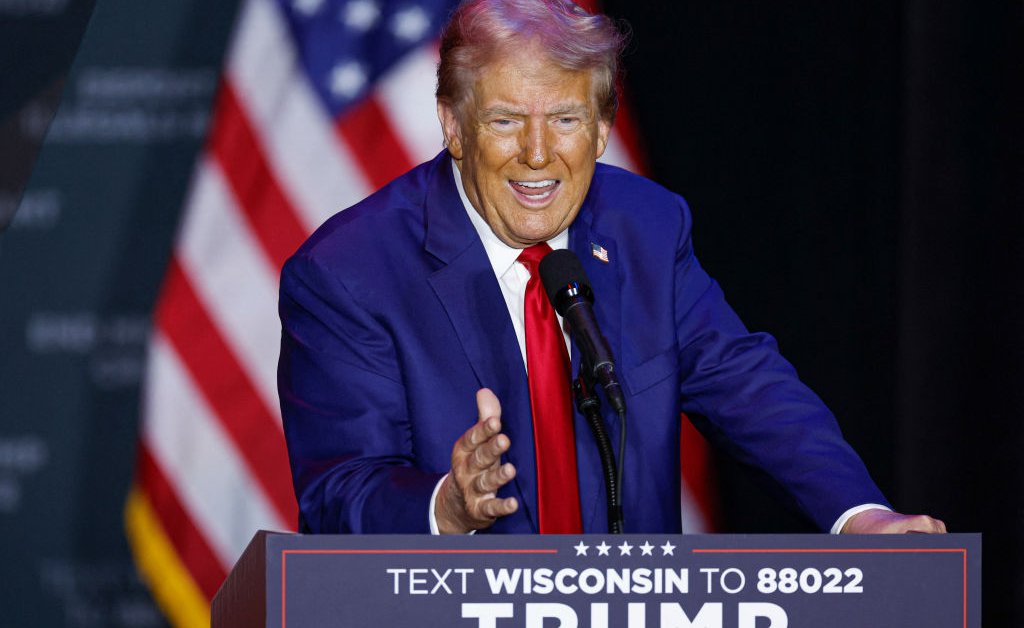

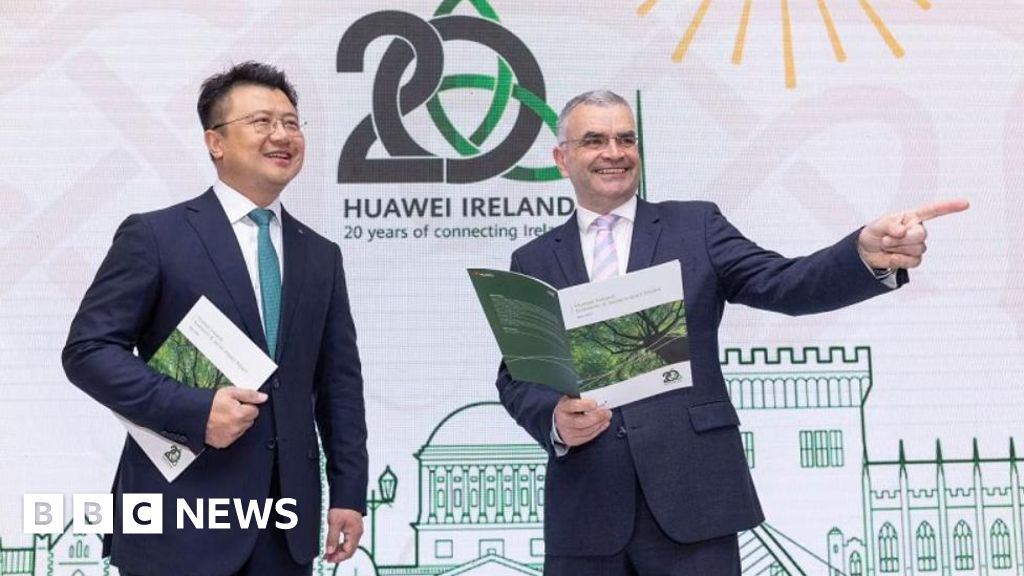

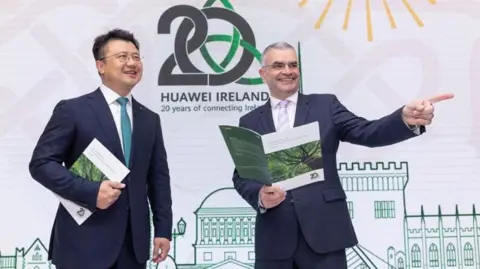
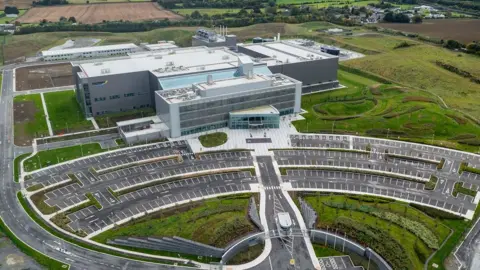

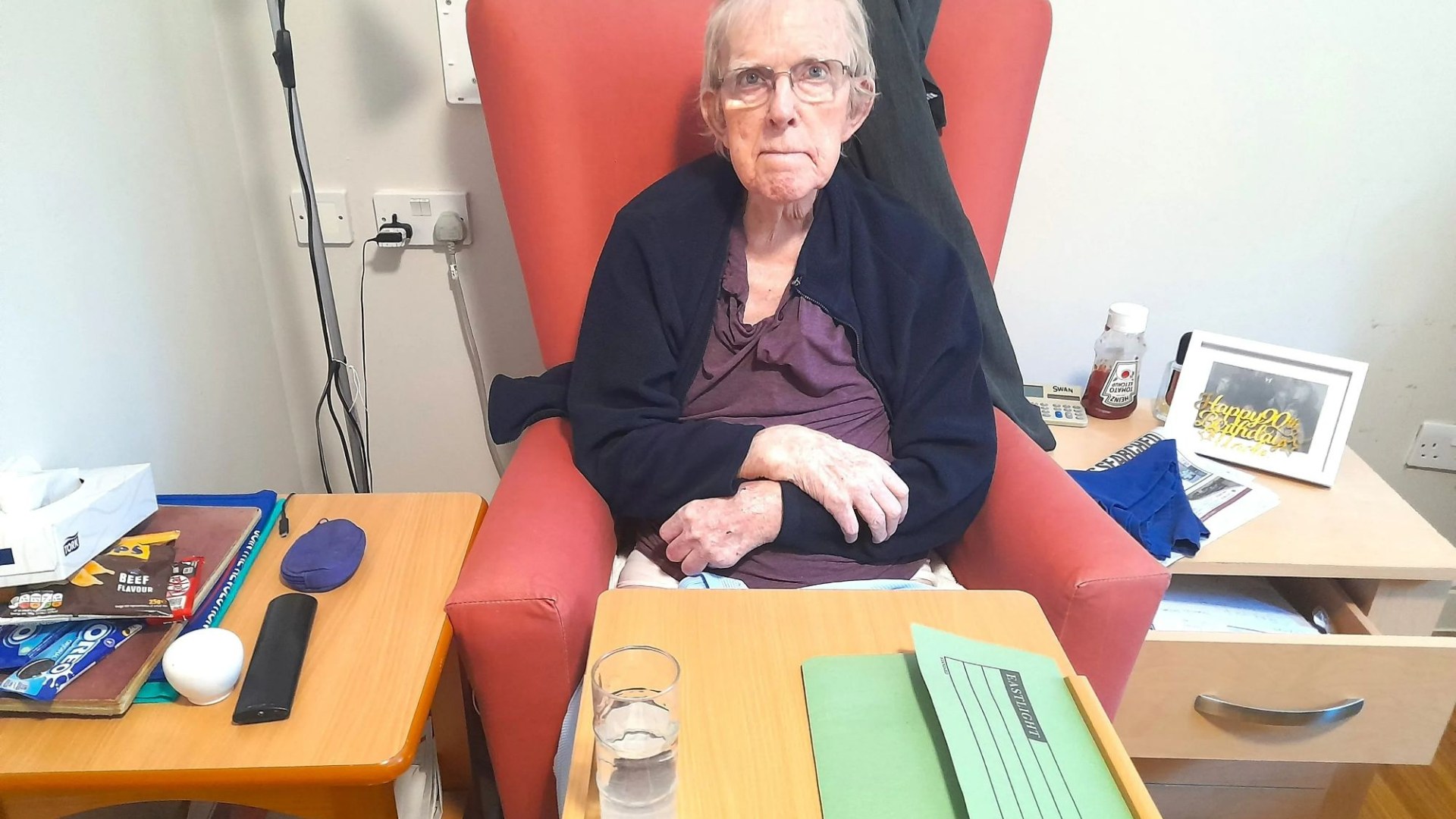


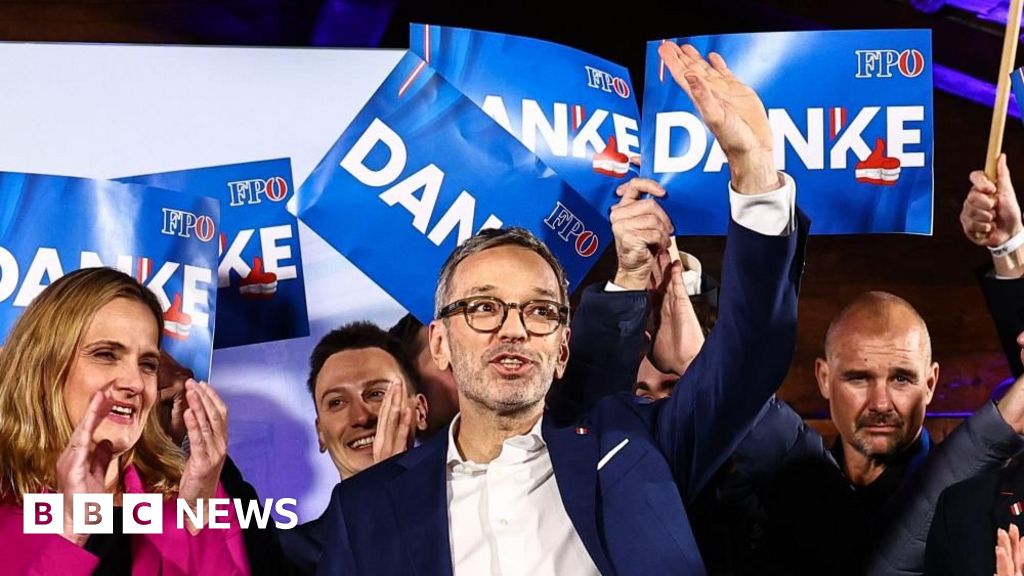
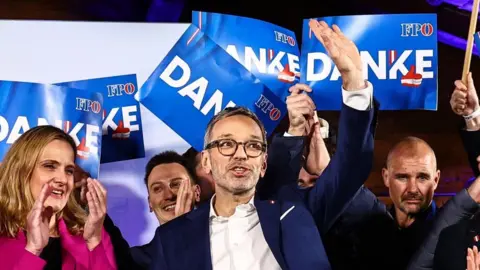
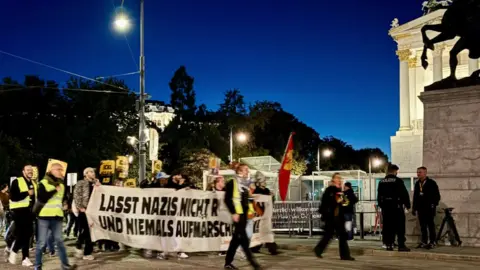

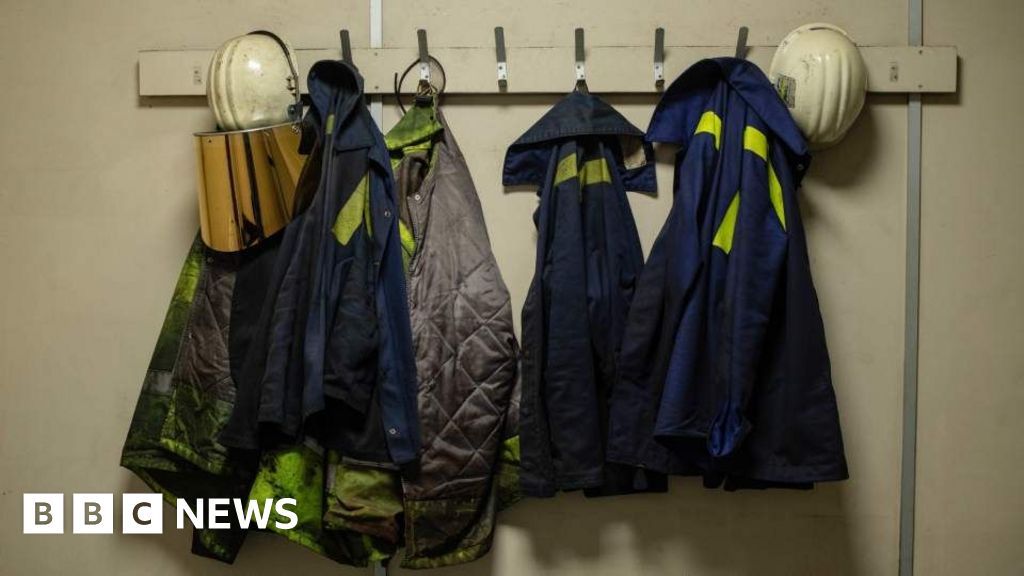
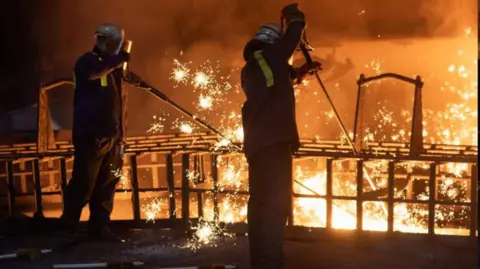
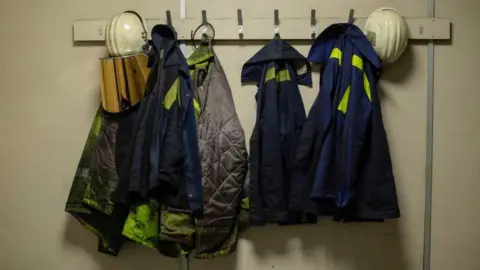

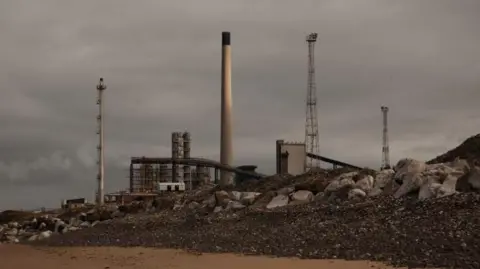

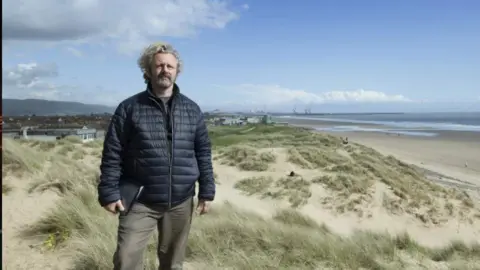



































































































































You must be logged in to post a comment Login